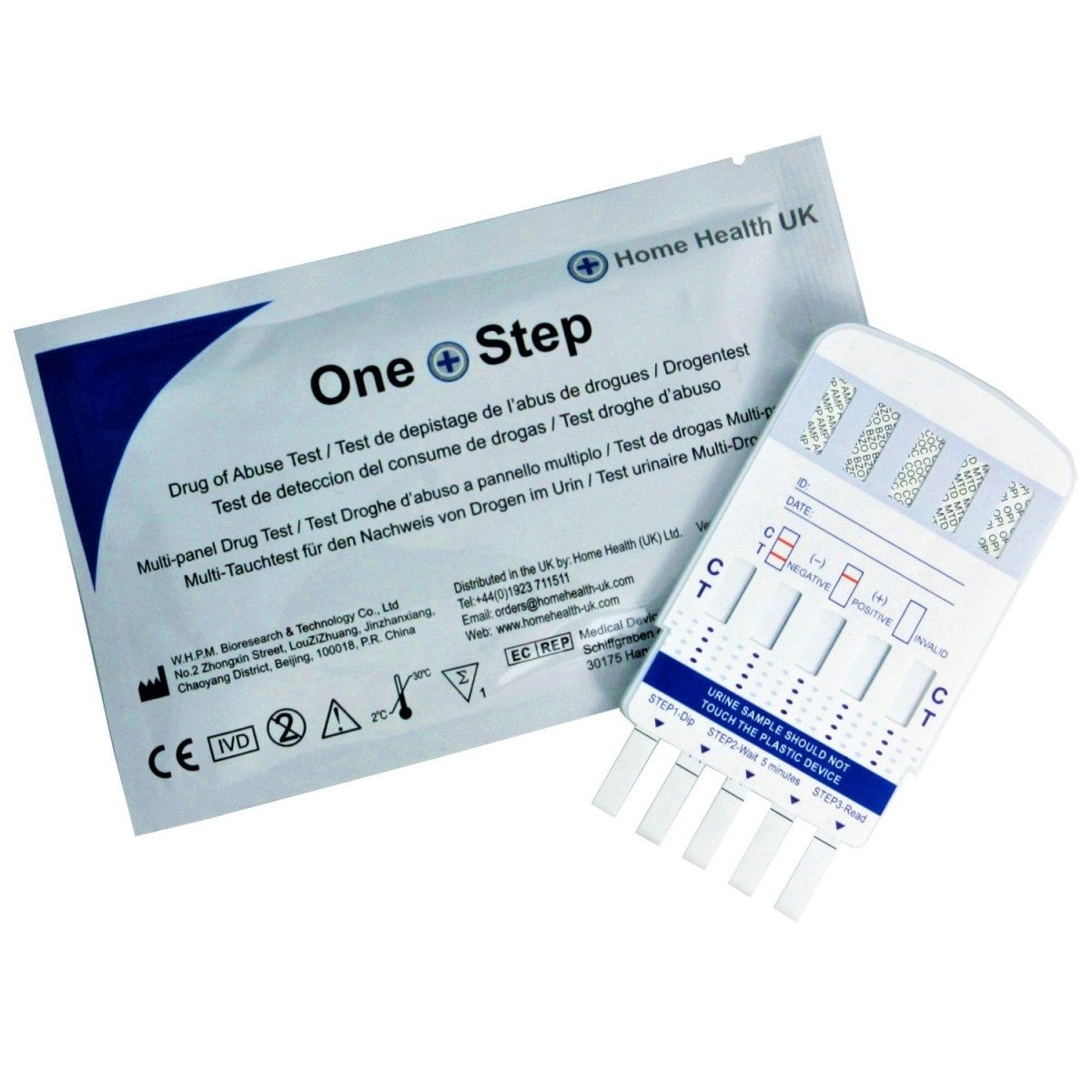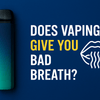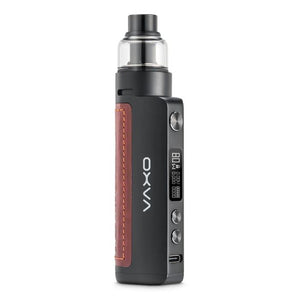Does CBD Oil Show Up on a Drug Test in the UK?

Does CBD Oil Show Up on a Drug Test in the UK?
In recent years, CBD oil has gained immense popularity due to its purported health benefits. However, many individuals are concerned about whether using CBD oil could lead to a positive drug test result. This blog post delves into the specifics of CBD oil and drug testing in the UK.
What is CBD Oil?
CBD oil is derived from the hemp plant, a variety of the cannabis sativa plant. Unlike its cousin, marijuana, hemp contains only trace amounts of THC, the psychoactive compound that produces the "high" associated with cannabis use. CBD, short for cannabidiol, is one of over 100 cannabinoids found in the cannabis plant. Unlike THC, CBD does not have psychoactive effects.
CBD Oil and Drug Testing
Drug tests are commonly used in various settings, including workplaces, schools, and healthcare facilities. These tests are typically designed to detect the presence of illicit drugs, such as marijuana, cocaine, and heroin. However, drug tests do not specifically screen for CBD.
In the UK, drug tests are primarily focused on detecting THC, the psychoactive compound in marijuana. Since CBD oil legally sold in the UK must contain less than 0.2% THC, it is unlikely to trigger a positive drug test result. However, it is important to note that even trace amounts of THC can accumulate in the body over time, especially with high-potency CBD products.
Factors Affecting CBD Oil and Drug Testing
Several factors can influence whether CBD oil usage could lead to a positive drug test result:
1. THC Content of CBD Oil: The higher the THC content of the CBD oil, the greater the likelihood of a positive drug test result.
2. Frequency of CBD Oil Use: Regular and heavy CBD oil consumption increases the risk of THC accumulating in the body, potentially leading to a positive drug test.
3. Individual Metabolism: Individual metabolism plays a role in how quickly the body processes THC. Individuals with slower metabolisms may retain THC for longer periods, increasing the likelihood of a positive drug test result.
4. Type of Drug Test: Different drug tests have varying sensitivities to THC. Some tests may detect trace amounts of THC, while others may require higher concentrations to trigger a positive result.
5. False Positives: In rare instances, false positives can occur in drug testing. This could be due to cross-reactivity with other substances or contamination of the test sample.
Minimizing the Risk of a Positive Drug Test
To minimize the risk of a positive drug test result from CBD oil usage, consider the following recommendations:
1. Choose CBD Oil with Low THC Content: Opt for CBD oil products with THC levels below 0.2% to reduce the likelihood of trace amounts of THC accumulating in the body.
2. Consume CBD Oil in Moderation: Avoid excessive or high-potency CBD oil consumption to minimize the risk of THC buildup in the body.
3. Consider Broad-Spectrum CBD Oil: Broad-spectrum CBD oil contains a variety of cannabinoids, including CBD and trace amounts of THC. However, the overall THC content should still be below 0.2%.
4. Educate Yourself About CBD Oil Products: Thoroughly research the CBD oil products you intend to use. Check for third-party lab test results to verify the THC content and ensure the product is free from contaminants.
5. Prioritize Reputable Sellers: Purchase CBD oil from reputable and transparent sellers who can provide certificates of analysis and verify the quality of their products.
6. Consult with a Healthcare Professional: If you have concerns about CBD oil and drug testing, consult with a healthcare professional for personalized guidance.
Conclusion
CBD oil offers a range of potential health benefits, but it is crucial to be aware of its potential implications for drug testing. By choosing CBD oil products with low THC content, consuming CBD oil in moderation, and understanding the factors that influence drug testing outcomes, you can minimize the risk of a positive drug test result.
-
Posted in
cbd






